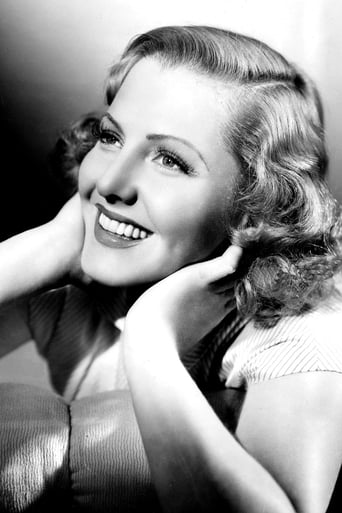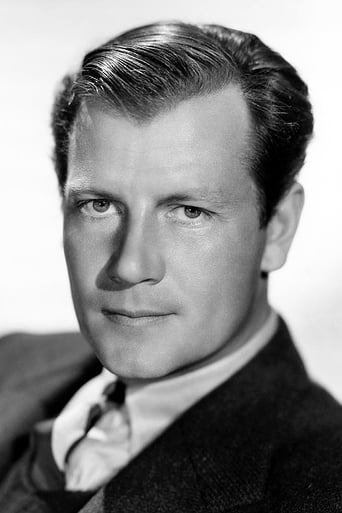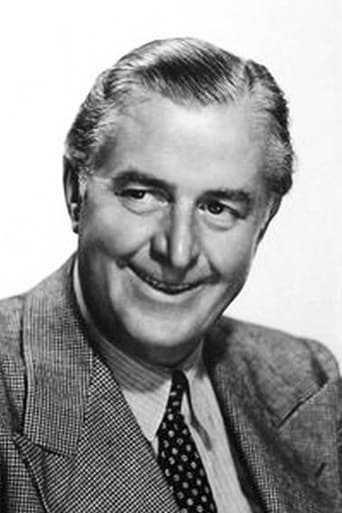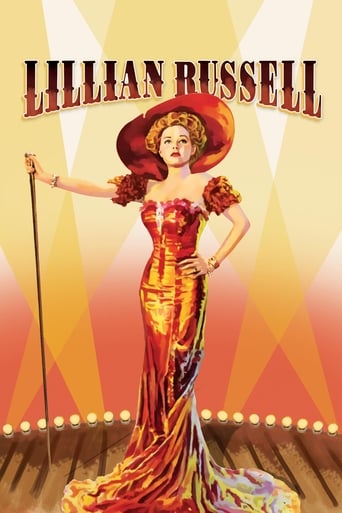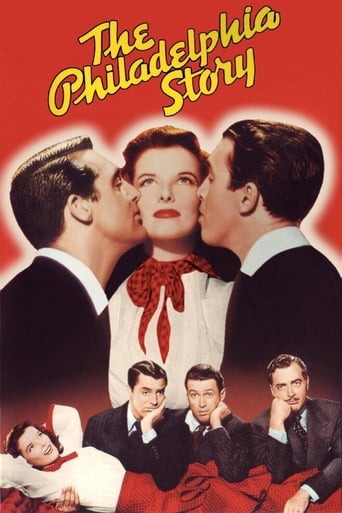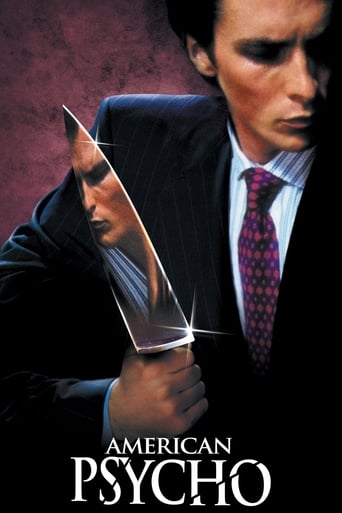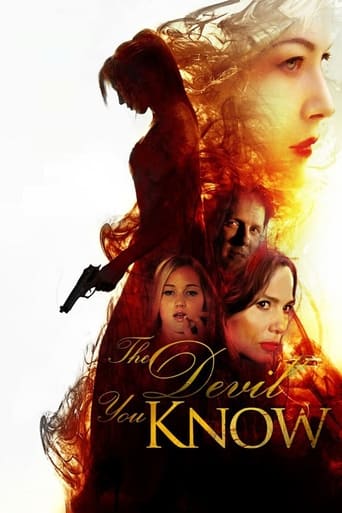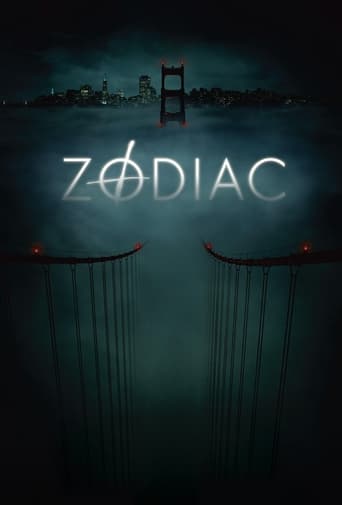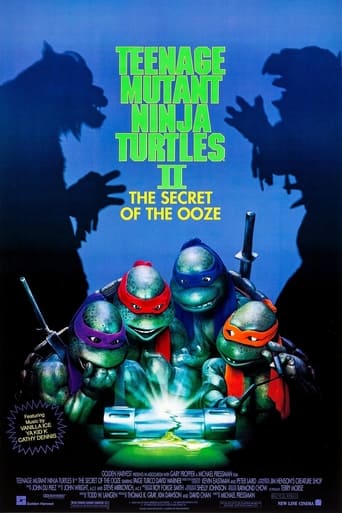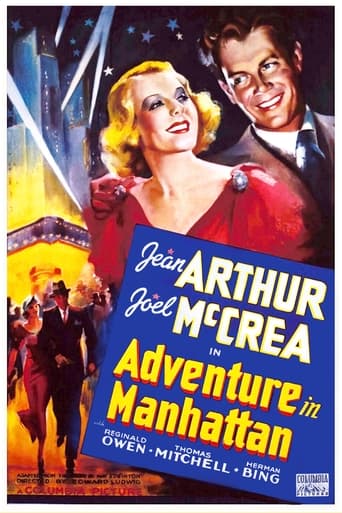
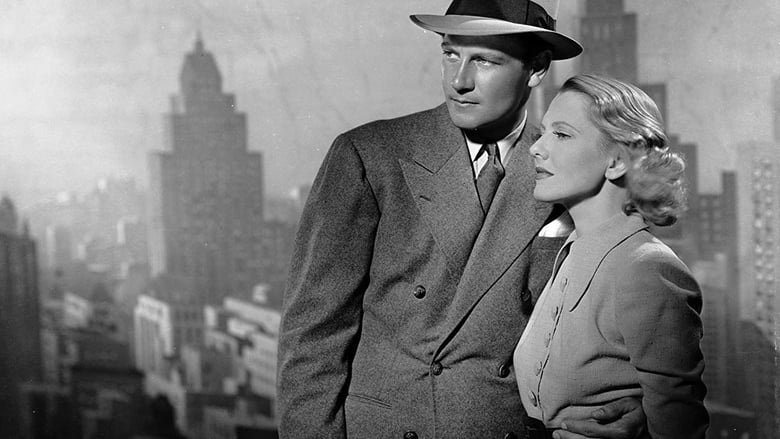
Adventure in Manhattan (1936)
The story of an egotistical crime writer who gets involved with the case of a notorious art thief (who is believed to be dead) while at the same time romancing a lovely young actress who's in a play that also happens to be the cover for massive jewel job. Art connoisseur and criminologist George Melville is hired to track down art thieves, assisted by perky Claire Peyton and goaded by Phil Bane, the roaring newspaper editor who has employed him. The mastermind poses as a theatrical impresario and stages a war drama, replete with loud explosions, to divert attention from his band of thieves, who are cracking safes in a bank adjacent to the theater.
Watch Trailer
Cast


Similar titles
Reviews
This is one film I was very glad I watched without reading any of the IMDb reviews beforehand. It caught me off guard, and I enjoy such mysteries that much more. All I can say from the several reviews posted before mine is that I think they were mostly fooled as well; or they knew the outcome beforehand, which must take away much of the enjoyment of this film; or they were expecting an all-out comedy romp and were disappointed that it wasn't that. I watched "Adventure in Manhattan" without any foreknowledge, except that it was a combination comedy, mystery, crime and romance. And I enjoyed it immensely. The plot is so cleverly twisted that I had to watch it again right away to see if I could find any clues I might have missed that would tip me off about what was really going on – behind the scenes, so to speak, as well as what was on screen. The plot for "Adventure in Manhattan" is quite sophisticated. It has twists that one doesn't realize until we're past them. First, it's one thing, and then it's another. The plot has near equal doses of comedy, mystery, drama, crime and romance neatly spread throughout and interspersed. It also qualifies as a common satire in films of the period – it's another of many films about newspapers and reporters, and it lampoons the yellow journalism of the day. The comedy isn't in the form of witty and funny dialog, but in situations. In one scene, Joel McCrea flips a coin with Jean Arthur to see where they will go to lunch. The coin lands in an alms cup of a blind man sitting on the sidewalk. As the couple lean forward and strain to try to see if it came up heads of tails, a policeman walks up and glares at them as though they're about to steal from the poor. The blind man has a big grin on his face as the couple walks off. In another scene, Thomas Mitchell rattles off directions about his newspaper to McCrea. "The columns of this paper are wide open to any young fool who can make an ass of himself entertainingly." McCrea says, "Thank you." Mitchell continues, "Now all I want is circulation. If you can write a woman in this, and a haunted castle "The cast is superb. Jean Arthur is excellent as Claire Peyton. Joel McCrea is George Melville, a criminologist who has written books and is known as an independent columnist. Thomas Mitchell plays Phil Bane, the managing editor of a paper that wants to hire Melville to cover the heist of a famous ruby. Reginald Owen plays Blackton Gregory, a wealthy backer who is producing a play about World War I that will be opening soon. He's also a connoisseur of fine art. Peyton is the female star of the play. McCrea's Melville is much more than a reporter, and he befuddles other reporters with his predictions about further thefts about to be committed. If one remembers that he's a criminologist, his guesses don't seem so outlandish as they do to the rest of the press pool. Suffice it to say that they don't have a clue about criminology. And this is somewhat lost on we viewers because of the guffaws that the press corps have with Melville's self-assurance. McCrea plays the character as arrogant and a braggart, yet able to put down his fellow reporters with some humor and not in a mean-spirited way. Arthur and McCrea are the clear co-stars of this wonderfully entertaining film. But Mitchell and Owen add a great deal to make it the nice piece of entertainment that it is. If you're fortunate enough to watch it without reading a synopsis that gives away the details of the plot, you should enjoy it immensely. But, if you know its outcome beforehand, watch the way the plot unfolds and twists for the little surprise subplots. There's much more to this film than meets the eye in a first casual viewing. The more one can see the twists developing, the more fun it is. This is one of the only movies I can recall that showed a press club for reporters and writers. This isn't a great comedy; but it comes close to being a great mystery. With the comedy and some other drama and romantic bits, it's a very good movie that most people should enjoy.
If you can forgive the cruel prank played on reporter Joel McCrea at the very beginning by his lesson-teaching boss (Thomas Mitchell) with the help of a nutty actress (Jean Arthur), then you can find some amusement with everything that happens next. It all surrounds the theft of a valuable gem, and the romance that blossoms between McCrea and Arthur after the initial misunderstanding. The screenplay takes the storyline all over the map and while you are wondering if you've missed some important development, you suddenly realize that this is the mood the script writer was going for. It is perhaps a bit more complex than a screwball comedy can be, and the cruel element of the opening might even turn the viewer off to turn the movie off, but stick with it. The sticky plot twists are sometimes ridiculous. Herman Bing, the S.Z. Sakall of the 1930's, overacts with gusto, and appears to be the influence for John Banner's Sergeant Schultz of TV's "Hogan's Heroes".
Joel McCrea and Jean Arthur have an "Adventure in Manhattan" in this 1936 film, also starring Thomas Mitchell and Reginald Owen, and directed by Edward Ludwig.McCrea plays a sharp criminal reporter who is convinced that a world-famous thief, believed dead, is actually very much alive and responsible for some big heists that have taken place. He meets Arthur, a young actress, and the two fall in love as McCrea tries to prove his theory.This is a really enjoyable film, with delightful performances by McCrea and Arthur. It's a bit all over the place - part screwball, part mystery. I frankly didn't see much of Nick and Nora Charles in it as others have. But the dialogue is bright, McCrea and Arthur have good chemistry, and some aspects of the mystery are good. McCrea is often thought of as sort of a poor man's Gary Cooper: a handsome, hunky all-American. In westerns there is more of a similarity, with Cooper having more gravitas, but McCrea's lighter touch and more overt personality lent themselves well to comedy. That's where he and Cooper parted company.Enjoyable, and with a better script, it would have been terrific.
It takes a deft touch to produce an amusing crime drama -- as Powell and Loy did for Nick and Nora and as "Mr and Mrs North" did on radio in the 40s. This one begins to get interesting as the McCrea character sneaks into a house to check out the cruel joke that has apparently been played on Jean Arthur. But it turns out that the joke is on him and a suspenseful situation becomes preposterous. The elaborate hoax seems beyond the capabilities of its practitioners. And the comment that suggests that the ring of crooks is entirely too large is accurate. The film oscillates between noir and screwball comedy and the two genre compete with each other. The film never decides what it wants to be and ends up being a generic midair collision.


